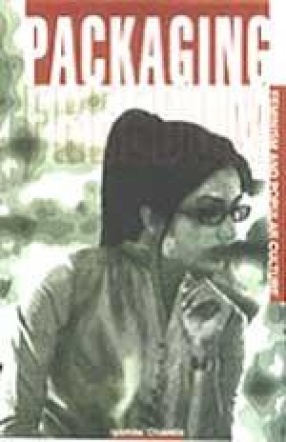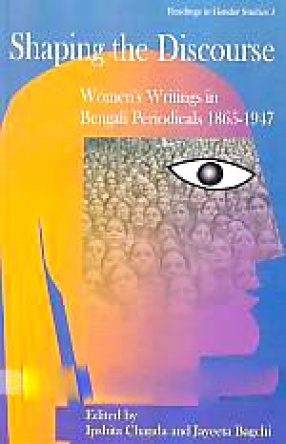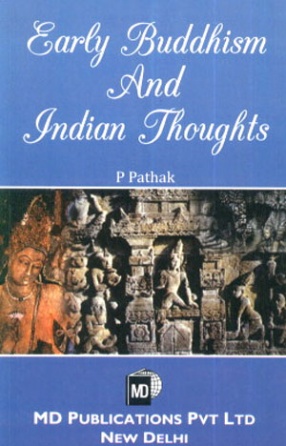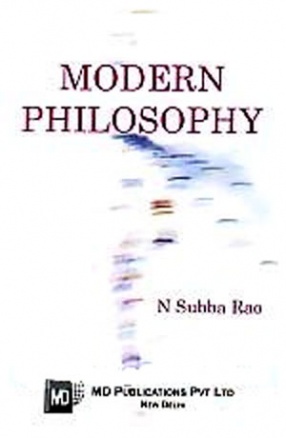Chanda presents a survey taken of middle class women like herself in two cities, Calcutta and Jamshedpur, in three languages, English, Bangla and Hindi, who picked texts from the popular media that represented their lives and belief systems. Ipshita Chanda suggests provocatively that it is in popular culture that the discourses of modernity, feminism and progress, all articulated by the women’s movement, become lived realities. Looking at popular women’s journals like Sananda, Femina, Cosmopolitan, and Meri Saheli, among others, advertisements that depict modernity, TV serials where women are not always meekly subservient, media icons and books by women authors, she wonders whether popular culture could be used to disseminate the goals of feminism. Or is tit a case of new accomodations being formed in the name of women’s liberation? What are the implications for feminism?Identified and wooed as consumers, consumption has offered women new areas of authority, expertise, new sources of income and consumer rights. This has lead to a heightened entitlement outside consumerism that may have contributed to the emergence of feminism. For instance, as an ideology of emancipation and equality in all spheres, feminism may have made a woman’s working outside her home, her access to opportunities and the enhancement of her ability to use them as normal.Indeed, as the survey on which this study is based shows, women’s primary introduction to the term feminism itself is courtesy the popular media, which is predicated on the consumer society, on a variety of modernity. The latter, in turn, is dependent on the so-called free market. Can this contradiction be resolved?In many group discussions the respondents showed how, as a result, they construe feminism and critique society.Suggesting that culture is not a sort of media merchandise, she adds that neither is femininity an abstract ideal. Both rest within linguistic worldviews, influencing all of us. She asks whether it is possible to utilize the immense power of the popular media, its ability to forge communities and its vast outreach, to disseminate the goals and concerns of feminism.
Selfing the City: Single Women Migrants and Their Lives in Kolkata
This ethnographical study ...
$60.30
$67.00







There are no reviews yet.